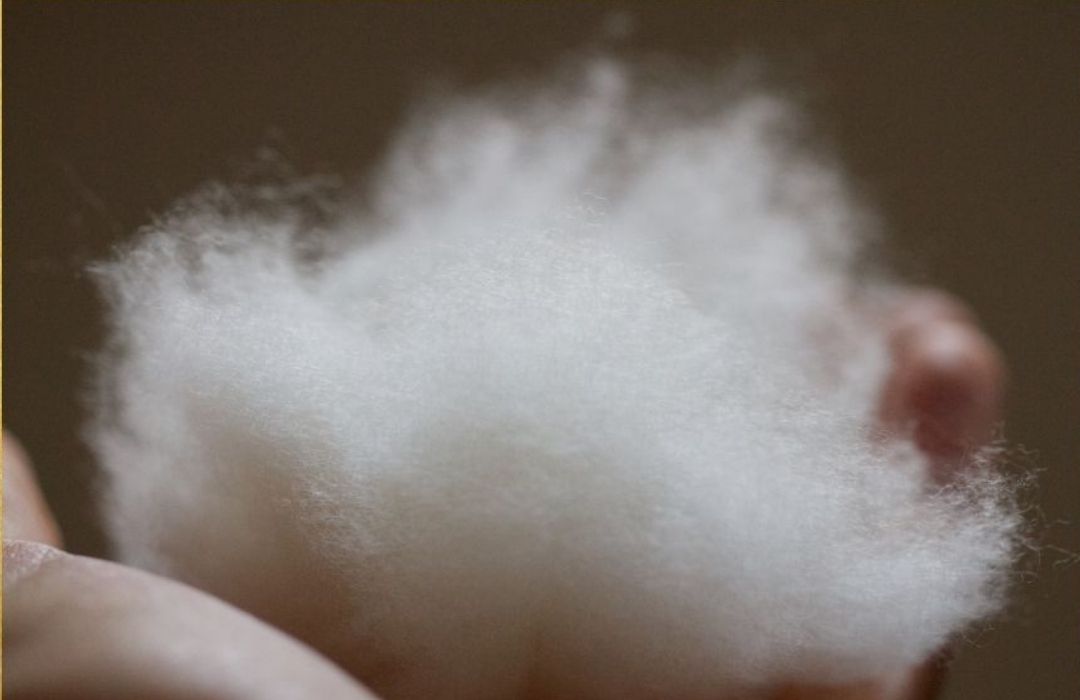The Truth Behind Is Cashmere a Natural Fiber and Its Sustainable Appeal
The Truth Behind Is Cashmere a Natural Fiber and Its Sustainable Appeal
Blog Article
Reasons You Have To Need Cashmere an All-natural Fiber for Comfort and Sophistication in Everyday Put On
In the realm of textiles, couple of fibers rival the high-end and convenience of cashmere. This special material, known for its remarkable soft qualities and insulation, supplies unparalleled comfort and sophistication for day-to-day wear. What establishes it apart from various other fibers? How does it affect the atmosphere and just how does it compare to synthetic alternatives? How can one best use cashmere to elevate their style? These interesting questions lay the structure for an informing expedition right into the globe of cashmere.
Understanding the Extravagant Nature of Cashmere

Reviewing the Convenience Variable of Cashmere Garments
Cashmere's distinct fiber structure enables for breathability, managing temperature level and preventing getting too hot. Cashmere's hypoallergenic residential properties additionally contribute to its comfort, making it a suitable option for delicate skin. In significance, the convenience of cashmere is derived from its gentleness, breathability, toughness, hypoallergenic nature, and convenience.

The Environmental Effect and Sustainability of Cashmere
While the convenience and sophistication of cashmere are definitely enticing, it's just as crucial to consider its relationship with the environment. Cashmere production, largely in Mongolia and China, entails increasing cashmere goats, which can dramatically stress breakable grassland environments due to overgrazing. This can lead to desertification, a pushing environmental problem. The processing of cashmere, involving dyeing and washing, can also contribute to water contamination if not correctly managed. Efforts are being made to develop lasting cashmere manufacturing methods, such as rotational grazing and cleaner handling methods. For this reason, while cashmere has environmental impacts, its sustainability largely relies on manufacturing methods.
Contrasting Cashmere to Artificial Fibers: A Cost-Benefit Analysis
Despite its ecological obstacles, cashmere offers an one-of-a-kind collection of benefits over synthetic fibers. Cashmere's all-natural fibers use unmatched gentleness and heat, translating into convenience that synthetic fibers battle to match. Unlike artificial fibers, cashmere doesn't add to microplastic air pollution, making it a more lasting option.
Styling Tips With Cashmere for Everyday Beauty
Having taken into consideration the cost-benefit evaluation of cashmere contrasted to synthetic fibers, it becomes clear why this luxurious product is a popular selection for several. When styling cashmere for daily beauty, simplicity is key. A cashmere coat, for example, can be coupled with tailored pants or a streamlined skirt for a trendy, put-together look - cashmere fibre. For an extra laid-back ensemble, a cashmere cardigan put on over a basic t-shirt and denims shows simple and easy style. Accessories can additionally elevate the appearance: a declaration pendant or headscarf can add a pop of shade to a neutral cashmere piece. Eventually, the inherent sophistication of cashmere makes it a versatile enhancement to any kind of wardrobe, easily enhancing daily attire with a touch of luxury.

Conclusion
In recap, the impressive buildings of cashmere make it a useful addition to any kind of closet. Its glamorous feeling, versatility, convenience, what is cashmere and breathability to differing temperatures are unparalleled. On top of that, cashmere's sustainability and reduced environmental influence compared to synthetic fibers even more boost its allure. The timeless style of cashmere, incorporated with its flexibility, adds refinement to everyday wear. Spending in cashmere garments is a worthwhile decision for style, sustainability, and convenience.
Report this page